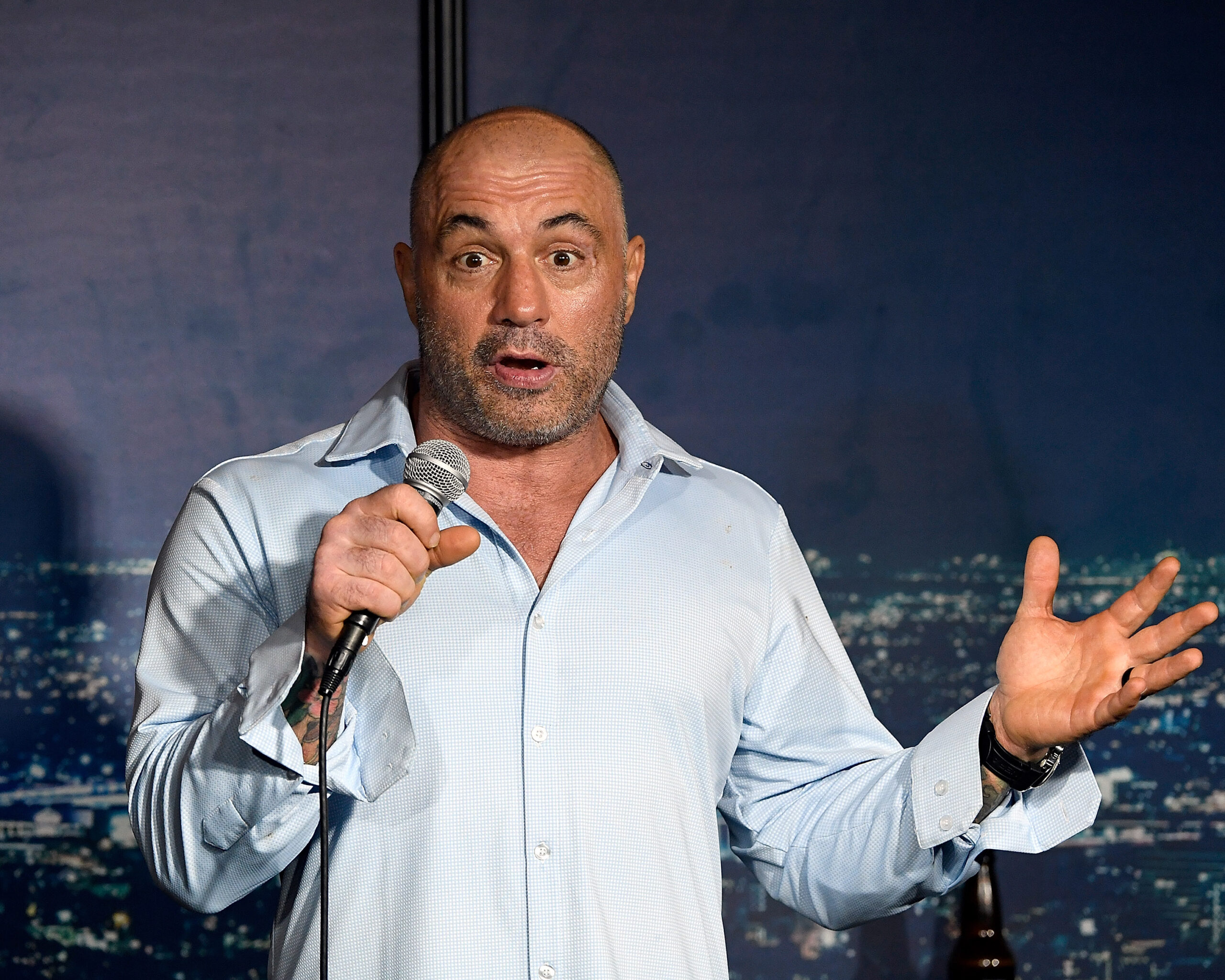Joe Rogan’s controversial interview with anti-vaccination virologist Dr. Robert Malone caused such an uproar that more than scientists, doctors, and other health professionals signed an open letter to Spotify as a petition for his podcast to be removed from the platform.
While Rogan’s spread of misinformation is quite alarming, a new analysis published by NPR’s Shannon Bond explains how the controversy surrounding his situation underscores a bigger problem; one that appears to be a bit more difficult to regulate. In the open letter, health professionals and members of the scientific community argue that online platforms like Spotify have enabled right-wing figures who have become adept at spreading misinformation.
“We are in a global health emergency, and streaming platforms like Spotify that provide content to the public have a responsibility not to add to the problem,” said Katrine Wallace, an epidemiologist at the University of Illinois Chicago’s School of Public Health.
“Their friends and family were sending it to them as evidence that the vaccines are dangerous and that they shouldn’t get it,” she said. “It provides a sense of false balance, like there’s two sides to the scientific evidence when, really, there is not. The overwhelming evidence is that the vaccines are safe and that they’re effective.”
Want a daily wrap-up of all the news and commentary Salon has to offer? Subscribe to our morning newsletter, Crash Course.
Researchers specializing in the study of misinformation have suggested that it was inevitable for podcasts to become a point of contention. Like social media platforms, Bond notes that podcasts give individuals the ability to reach build large audiences. But despite the long reach, podcasts have not faced the type of scrutiny social media platforms have. So, why is that? Podcasts give influencers the ability to spread misinformation by way of audio.
Evelyn Douek, a research fellow for the Knight First Amendment Institute at Columbia University, explained why podcasts are far more difficult to regulate as it becomes a matter of words compared to audio.
“Wherever you have users generating content, you’re going to have all of the same content moderation issues and controversies that you have in any other space,” said Douek.
RELATED: Joe Rogan’s latest controversy: YouTube scraps controversial podcast episode with anti-vax scientist
According to Bond, Douek also noted that “it’s also harder to ferret out falsehoods and hate speech in podcasts compared with posts written on Facebook and Twitter.”
Valerie Wirtschafter, a senior data analyst at the Brookings Institution, also weighed in with a similar perspective noting the distinction of audio and the potential problem it poses in the podcast world. “Audio can be a powerful way to spread misinformation because of all the qualities that make the format so compelling to listeners,” said Wirtschafter.
Wirtschafter also stressed the importance of scrutinizing audio in the same manner written social media posts are.


